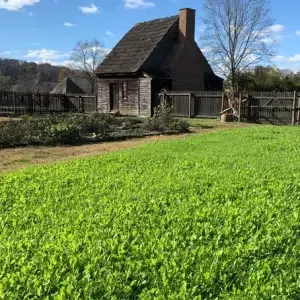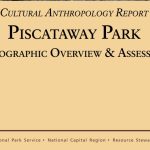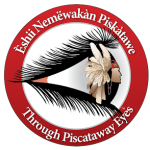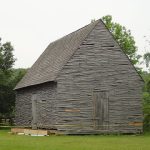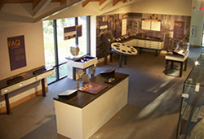Accokeek Foundation is a non-profit organization that works to preserve and promote the The cultural and natural heritage of Piscataway Park and the Piscataway people, who are the original inhabitants of the land that is now Piscataway Park. Through a Cooperative Agreement with the Interior/National Park Service, the Foundation provides a variety of services to over 100,000 visitors every year, including organizing educational programming, interpreting the people and the land, restoring and maintaining his toric structures and landscapes, protecting the natural environment including the Mount Vernon viewshed, conducting research in consultation with Piscataway tribal leaders, performing public outreach, and much more.
General Description of how this organization provides information and resources regarding the history of Black, Indigenous, and Other People of Color
In the mid-1950s, development threatened to destroy the beautiful landscape along the Maryland shore of the Potomac River. Instead of enjoying the same view that George Washington did more than two hundred years ago, visitors to George Washington’s Mount Vernon Estate would have seen an oil tank farm, a sewage treatment plant, or housing developments.
Congresswoman Frances Payne Bolton of Ohio, a member of the Mount Vernon Ladies’ Association, sprang into action. She purchased a 500-acre farm directly across the Potomac from Mount Vernon and next to the Moyaone Reserve, an environmentally conscious planned community. Bolton donated her farm for the creation of the Accokeek Foundation and, with a coalition of organizations that included the Alice Ferguson Foundation, Moyaone Association, and Mount Vernon Ladies’ Association, launched an ambitious program to protect six-miles of shoreline. This large-scale landscape conservation effort led to the creation of Piscataway Park, the first national park established to “preserve historic vistas.”
Describe other organizational features
Today, the Accokeek Foundation partners with the National Park Service to provide programs and services to enhance the park visitor experience and steward 200 acres of Piscataway Park which covers, in total, approximately 5,000 acres, from Piscataway Creek to Marshall Hall on the Potomac River. An effort that began out of a desire to “preserve the view,” in the end has preserved much more. The full conservation area protects a wealth of environmental, cultural, and historic resources, from wetlands to farms to nationally significant historic sites.
